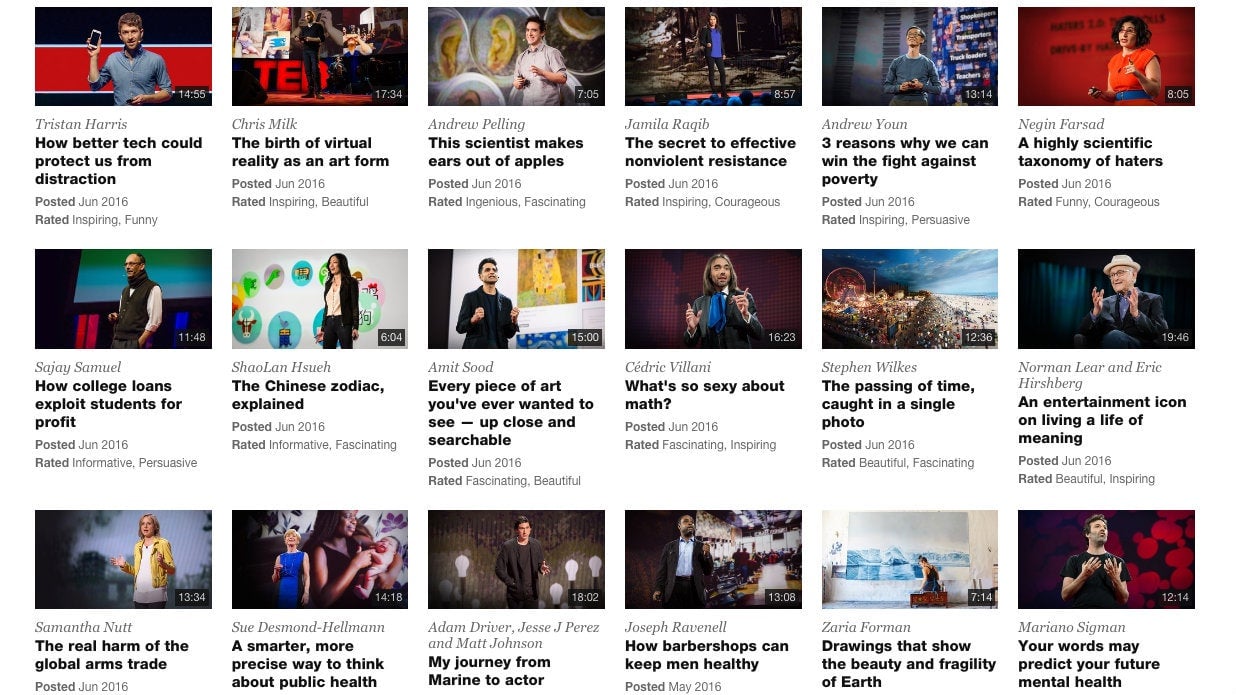TED’s leader on the five talks he learned the most from
This question originally appeared on Quora: What are the top 5 TED talks that you took away the most learnings from? Answer by Chris Anderson, head of TED.


This question originally appeared on Quora: What are the top 5 TED talks that you took away the most learnings from? Answer by Chris Anderson, head of TED.
With pleasure, though stand by for some slightly quirky choices. I doubt anyone else at TED would pick exactly these five! Let’s see….
- David Deutsch: “Chemical scum that dream of distant quasars.” Here’s a maverick physicist giving an eloquent argument about the power of knowledge… framed in an incredible talk, full of unexpected twists and turns. Deutsch helped convince me that knowledge is far more than just a weird evolutionary trick invented by one of earth’s species.
- I’ll go with Clay Shirky: “Institutions vs collaboration.” Back in 2005, Shirky spoke about how the web was enabling new models that should encourage institutions to “let go” and allow others to do some of their work for them. I think it helped convince us that we should be willing to risk giving away our best talks for free online.
- Nancy Etcoff: “Happiness and its surprises.” This is one of a whole collection of talks on happiness that have really changed my thinking and, um, I think actually made me happier. The science of happiness is counter-intuitive. Etcoff offers a great summary. This playlist has many more.
- Bryan Stevenson: “We need to talk about an injustice.” Bryan spoke about a tough subject—America’s broken justice system—in a way that was unbelievably compelling. He won the longest standing ovation in TED’s history. And I haven’t been able to get him and his cause out of my mind ever since.
- And finally… Steven Pinker and Rebecca Newberger Goldstein: “The long reach of reason.” Unusual talk this one. It was given as a Socratic dialogue. They reach the conclusion that pure reason has shaped history profoundly, though it sometimes takes hundreds of years. If the world bought into this view, we’d do a much better job of listening to each other. This version of the talk is delivered in animated form, via the brilliance of Cognitive’s Andrew Park.
More from Quora: